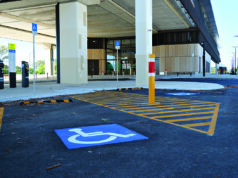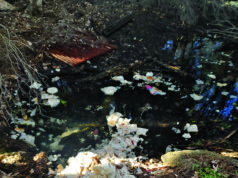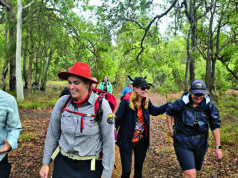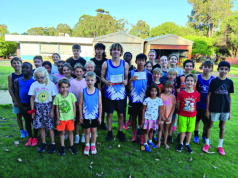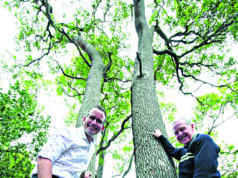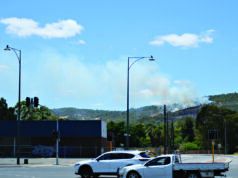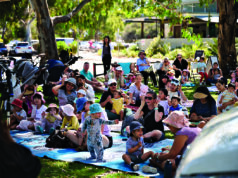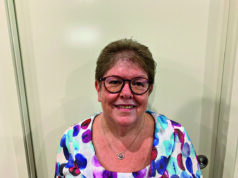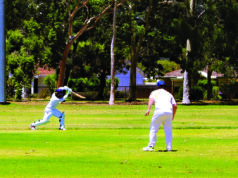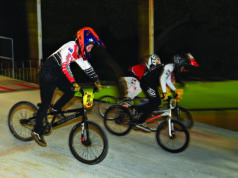The Federal Government’s decision to move children with what it calls “mild to moderate” autism off the National Disability Insurance Scheme and into a new program has led to anger, confusion and fear among families and advocates.
The Thriving Kids program, announced by Health Minister Mark Butler, will begin in July 2026.
Only children with “permanent and significant” autism will remain eligible for the NDIS.
A Gosnells therapist and late-identified Autistic-ADHDer Gowri Glasson said the announcement is devastating. She said the autistic community was never asked for its views before such a major change.
“Like many families and allied health professionals, we are in utter shock,” she said.
“It is like someone removing the only roof over your head without consent, to replace it with tarps, thinking they still have your safety at heart.”
Glasson said the language of “mild to moderate” autism showed a poor understanding of hidden disabilities.
“Imagine asking someone, how Australian are you, please tick mild, moderate or severe. That is how it sounds to us,” she said.
“There is no such thing as mild, moderate or severe autism. Autism does not fade with age; it evolves throughout a person’s life. Hidden disabilities are a daily struggle and categorising them into mild or moderate is ableist.”
She said the changes could break families emotionally, socially and financially, especially as no one knows exactly what supports Thriving Kids will provide.
“Some families have multiple autistic kids with different presentations. If one is exited from the NDIS and the other isn’t, how will a parent juggle the unknown foundational supports and the more familiar NDIS supports concurrently? Mothers, being the primary caregivers, will experience added stress and burnout,” she said.

Glasson is also concerned that Thriving Kids will not offer the same individualised therapy sessions families currently access.
“Nobody knows exactly what Thriving Kids will offer, but high-level information hints at significant gaps. For example, one-to-one therapy will no longer be fully funded. Parents will need to pay privately and claim Medicare gaps where possible. That is a financial gap many families can’t afford,” she said.
The announcement has already caused widespread confusion. “Just when many of us felt life was becoming more manageable with NDIS supports, uncertainty lands,” Glasson said.
Children and Young People with Disability Australia also warned against rushing the program, saying the government could not expect to set up a fully functioning replacement in under a year. Chief executive Skye Kakoschke-Moore said families needed certainty they would not be left without support during the transition.
National advocates have also expressed alarm. Prominent disability campaigner Sam Connor described the change as a return to block funding and warned it could undo decades of progress in disability rights. Others fear children will be pushed into programs like Inklings, which they say risk erasing autistic identity rather than affirming it.
Glasson said families in regional areas and those on low incomes would be hit the hardest. She urged the government to be transparent, gradual and to make autistic voices central to any reform.
“If it’s not autistic-led or co-designed, it will most likely miss lived experience and be harmful,” she said. “Nothing about us, without us.”
She encouraged local families to care for themselves, stay connected with support groups, and continue to advocate. “Write to your local MP, join advocacy groups and support one another,” she said. “Even if you can’t personally advocate, you can still support those who are fighting the cause.”



